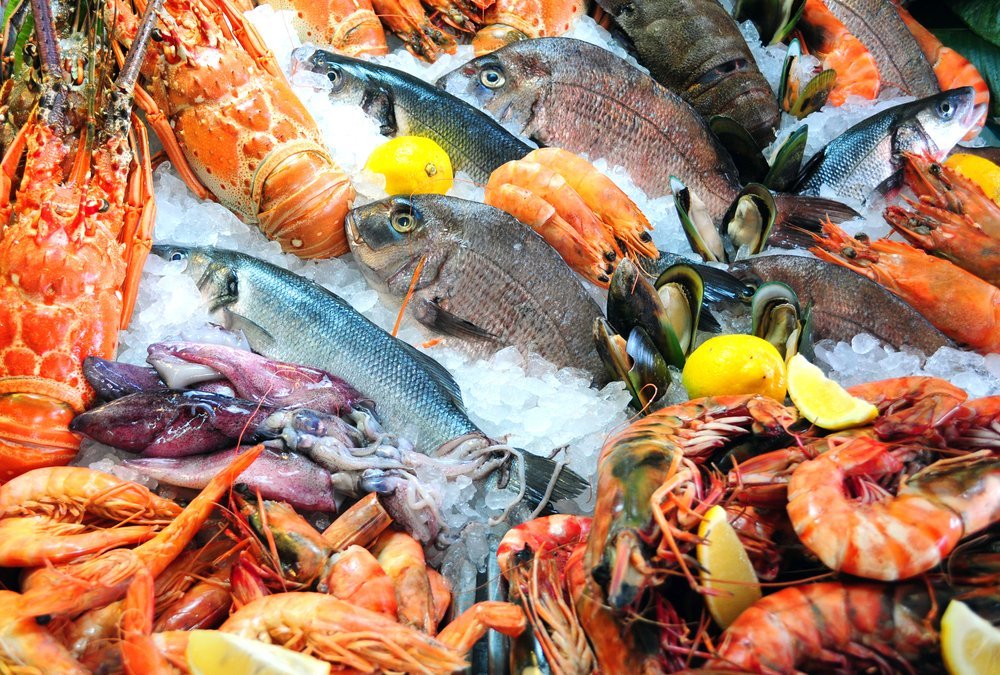Friday, 27 February 2026
EU-Thailand FTA incorporates measures to improve sustainability of seafood: MAC
The main product imported into the EU from Thailand is prepared and preserved fish, of which canned and preserved tuna represents the majority of the volume The Market Advisory Council (MAC) provided…

The main product imported into the EU from Thailand is prepared and preserved fish, of which canned and preserved tuna represents the majority of the volume
The Market Advisory Council (MAC) provided recommendations to the European Commission concerning the ongoing negotiations for an EU-Thailand Free Trade Agreement, which was relaunched last year.
In a yearly average between 2020 and 2022, the EU imported 39.644 tonnes of fishery and aquaculture products from Thailand for EUR 213 million, while exporting 18.153 tonnes valued at EUR 37 million. The main product imported into the EU from Thailand is prepared and preserved fish, of which canned and preserved tuna represents the majority of the volume.
According to MAC members, the European Commission should:
Guarantee policy consistency in the fight against IUU fishing & forced labour, including through the introduction of clear provisions on the three pillars of sustainability and international governance, explicit references to the relevant ILO conventions, and use of all tools available under EU law.
Take into account ongoing legislative developments in Thailand and the potential rollback of standards concerning the fight against IUU fishing & forced labour.
Identify canned tuna and tuna loin products as “sensitive”, keeping in mind the competitiveness of the Thai industry, the differences in sustainability standards, and the potential negative economic and employment effects.
Incorporate the EU’s preferential rules of origin, as derived from the Customs Code.
Pierre Commère, Chair of the Working Group 2 (EU Markets), highlighted: “Thailand is a highly competitive country in the fisheries and aquaculture sector. Therefore, the European Commission must account for the potential impacts of an FTA on the competitive balance, the economy, and employment. This is especially the case in the tuna sector for which a high degree of sensitivity has been identified in terms of defensive interest of the EU sector. Further, an ambitious FTA should incorporate clear provisions on the sustainable management of living marine resources and aquaculture products, on the fight against IUU fishing, and decent labour”.
Technology
Deakin University and Bellarine Foods Partner to Develop Sustainable Marine-Derived Proteins
Feb 26, 2026 | Australia
Royal Unveils Refreshed Jute Bag Design for 20lb Authentic Basmati
Feb 25, 2026 | Company News
Australian Medical Bodies Push for Compulsory Health Star Labelling
Feb 24, 2026 | Australia
Food Testing
Australian Medical Bodies Push for Compulsory Health Star Labelling
Feb 24, 2026 | Australia
Tim Hortons Singapore Secures Majlis Ugama Islam Singapura Halal Certification Ahead of Ramadan
Feb 23, 2026 | Company News
More Popular
UAE’s Cult Mochi Brand MOISHI Makes India Entry with CK Israni Group
Feb 26, 2026 | Company News
Roquette Launches Breakthrough Clean-Tasting Pea Protein Isolate
Feb 26, 2026 | Company News
Affron Saffron Attains First Stress Relief Claim by South Korean Ministry of Food and Drug Safety
Feb 26, 2026 | Company News





